What are the migration trends among youth in the region? Why are so many young educated people leaving? What do the recipient countries offer? What are the push and pull factors?
The Erasmus+ initiative Brain Drain, Brain Gain + Circular Migration“(BB+C) tried to answer these questions and many others. The final seminar was held in Nuremberg, and was attended by representatives of the Institute.
One of the conclusions from the final BB+C seminar concerns the importance of investing in secondary vocational education that prepares youth for the current job market. Due to an increase in the number of students and youth with a college education, by 2025 the need for VET staff will rise to 90% and the need for academic staff will be only 10%.
The participants discussed the term “brain drain”: what it means, what does the future hold for Western Balkans youth when their countries become EU member states, what migrations will this cause, etc. Youth concluded that migration can and should be very positive, especially circular migration. It is an excellent opportunity for youth to visit other countries, learn and return to use what they learned in their home country. However, circular migration is still relatively new in this region and there are not that many examples of youth coming into the region (brain gain).

It was noted that innovations and investing into secondary vocational education are the key prerequisites for preparing the society for the future. BiH has a lot of potential for improving the current secondary vocational education system. Accelerating the reform of secondary vocational education would help improve the efficiency and alignment with social and economic needs.
The initiator of this Erasmus+ project is Memos e.V. from Berlin, an NGO that the Institute had a successful partnership with during last year’s Erasmus+ project “Recollecting the Future”. Partner organisations are: classical high school “Obala” Sarajevo, Institute for Youth Development KULT from BiH, Mladiinfoo Montenegro, Croatian Film Association, Youth Center Velenje, Slovenia, Volunteer Center Skopje, Association DUGA, Pokret gorana Vojvodine (nature lovers’ association), Serbia and the Nuremberg Youth Office.
The project is funded by a German National Agency authorized to implement Erasmus+ projects and supported by the European Commission.



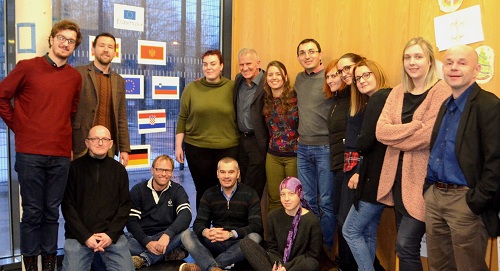
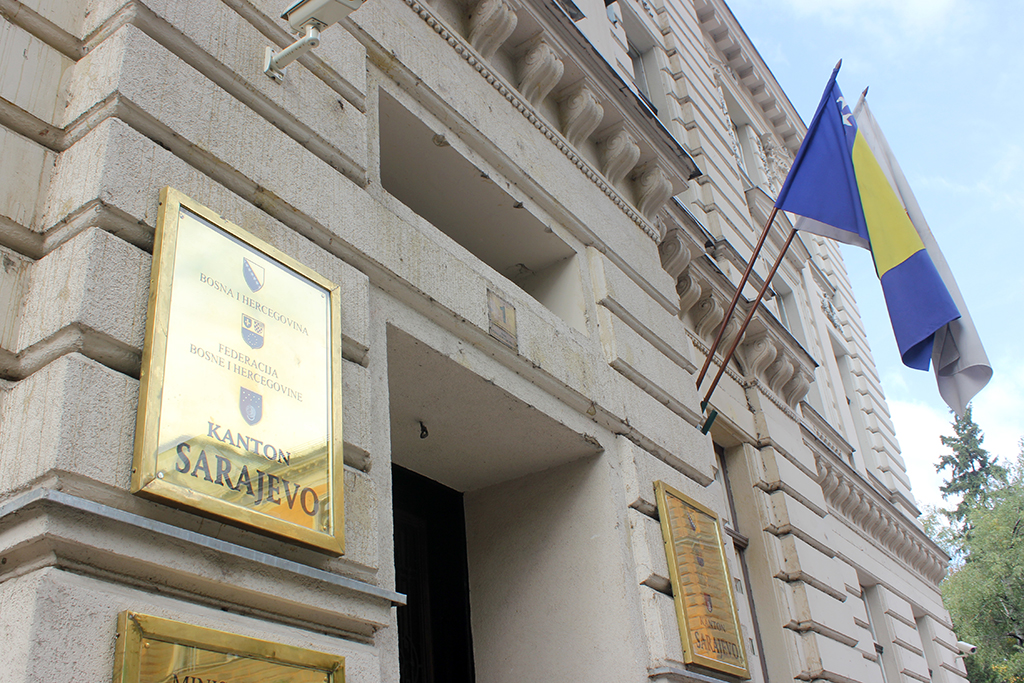
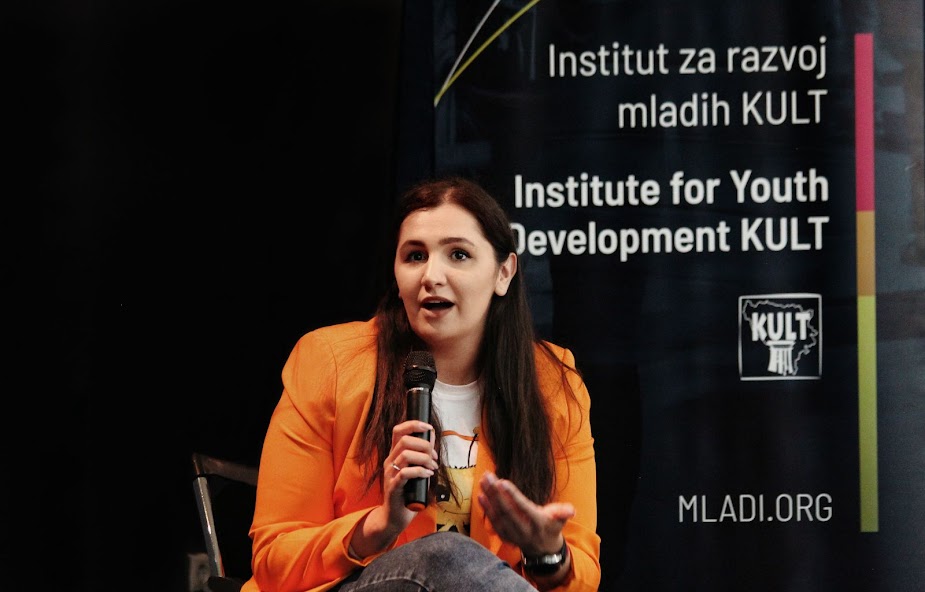
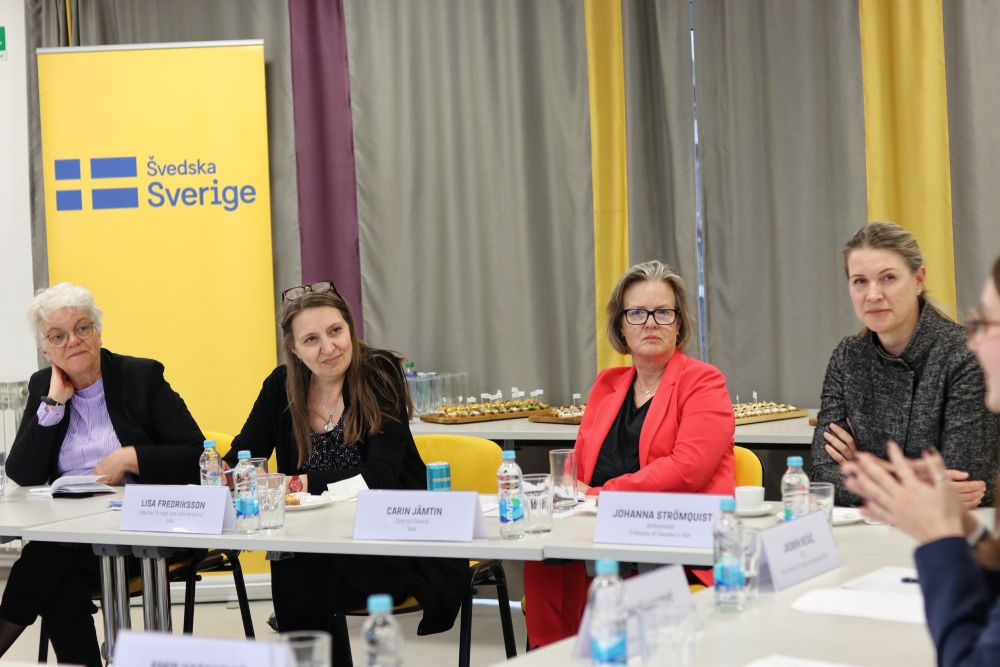
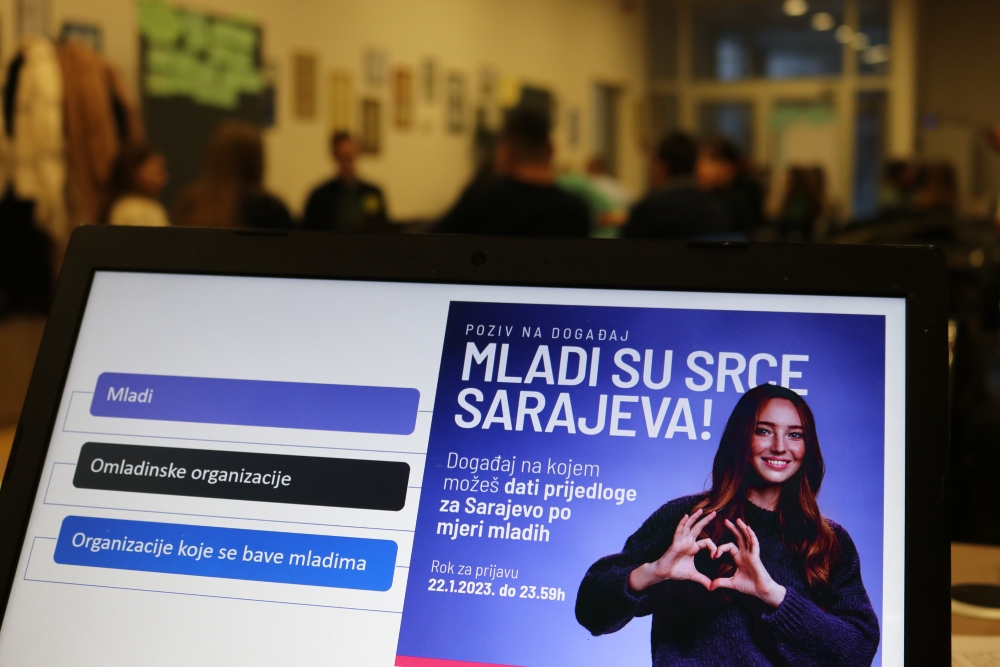
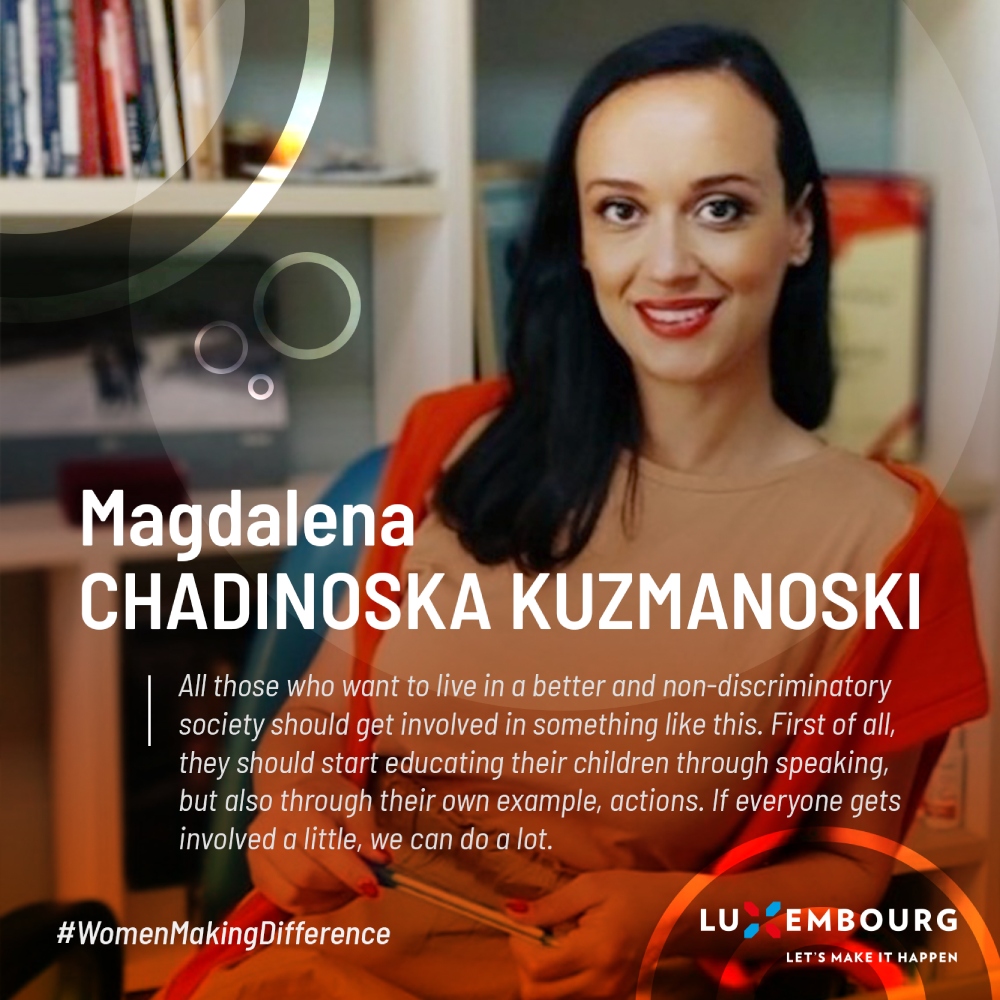
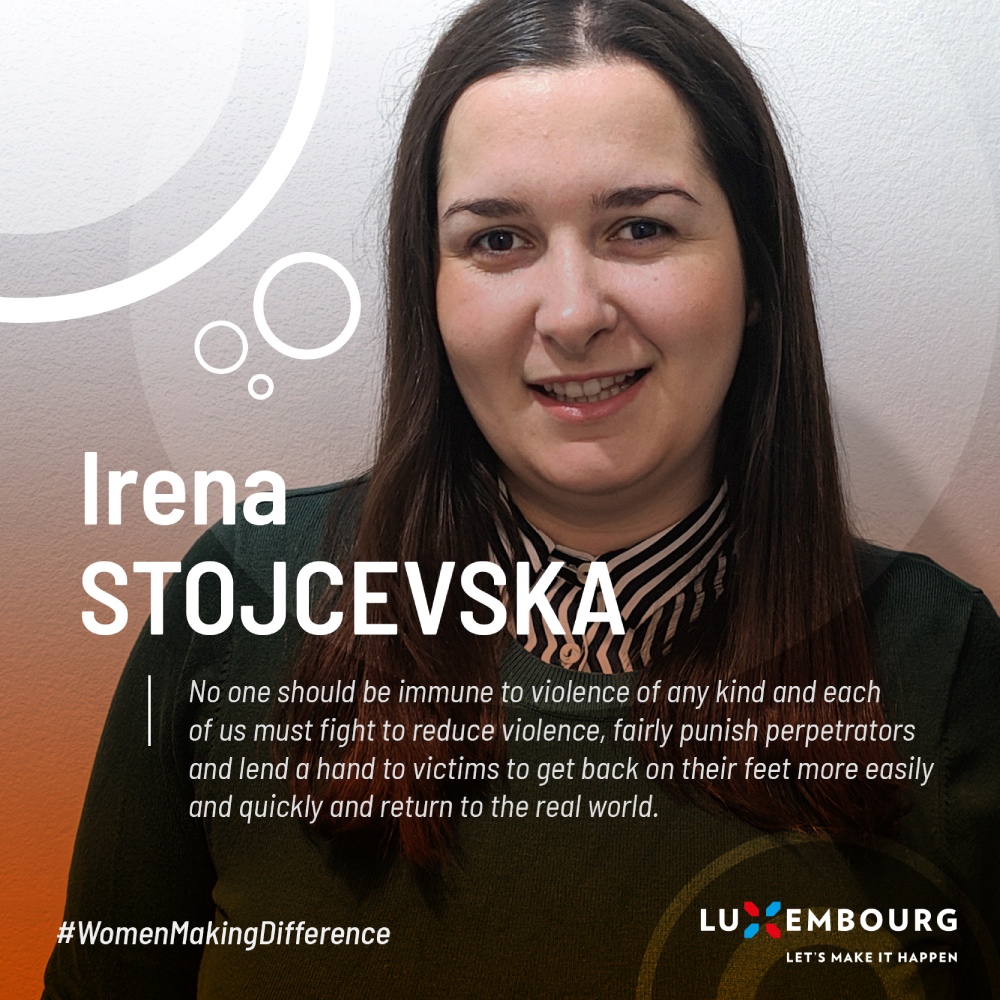
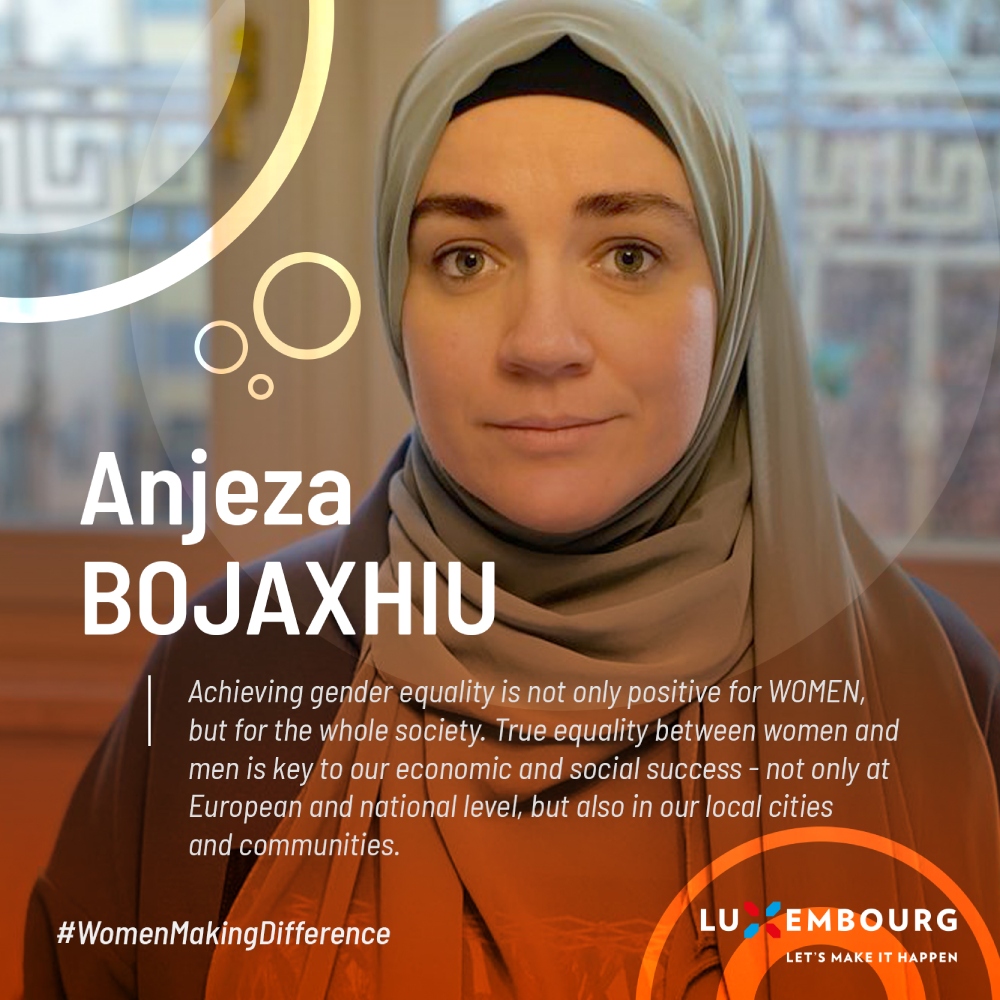
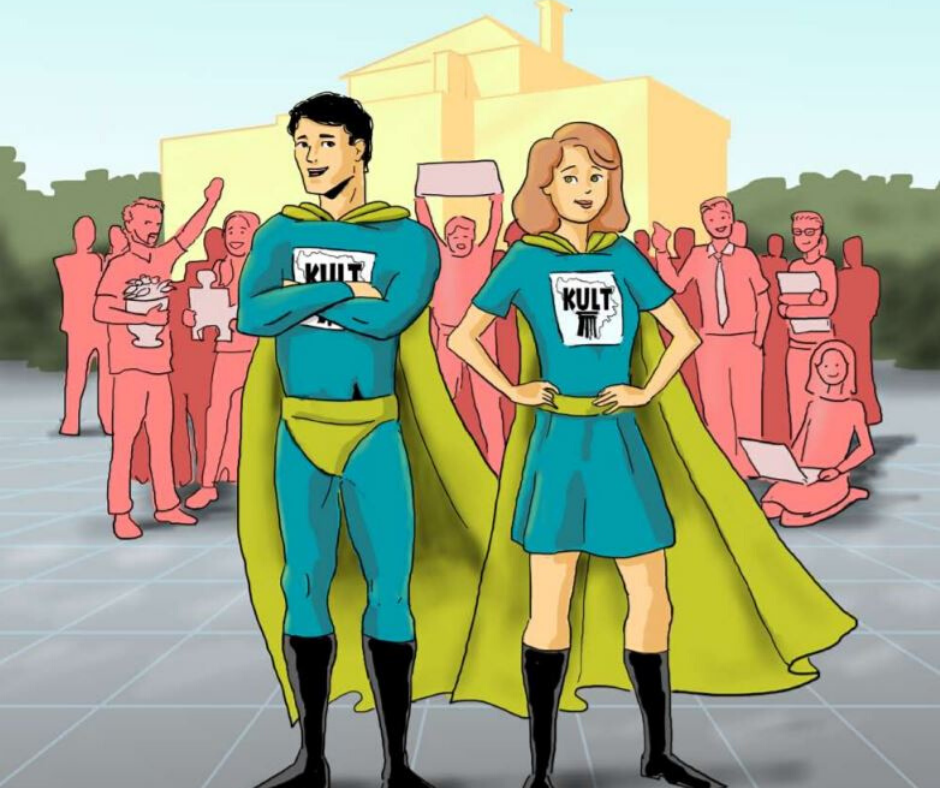
Leave a comment